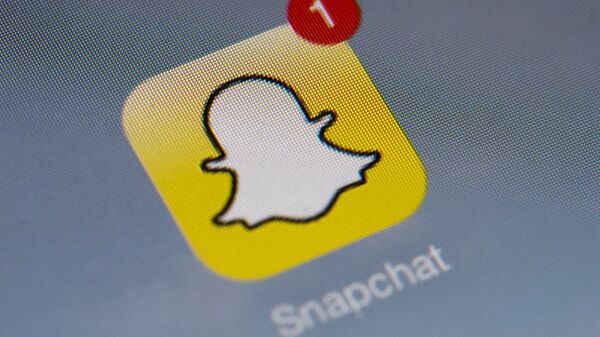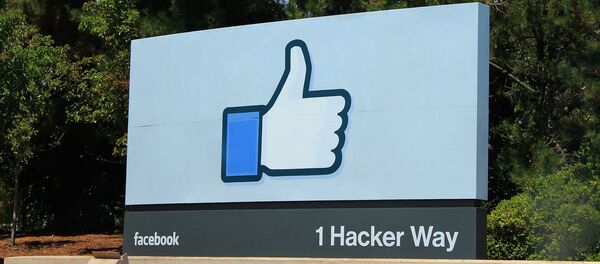This is a surprise for the research firm, which did not expect to see such a slowdown for the multibillion social media service. In fact, an eMarketer spokesperson said that the firm had originally expected the 12 to 16 year old user base to grow by 0.7 percent and the 18-to-24-year-old user base to increase by 0.8 percent in 2017. In fact, this marks the first time that eMarketer has forecasted a decline in Facebook users among any age group.
The good news (for Facebook, that is) is that lots of teens are checking their Instagram feeds instead, and Facebook owns the photo-sharing platform. But Snapchat might be the number one social media platform among 12-to-17-year-olds and 18-to-24-year-olds by the end of the year: its 18-to-24-year-old audience is expected to grow by 24 percent and its 12-to-17-year-old demographic by 8.8 percent.
If these predictions are correct, this will be the first time that Snapchat surpasses its competitors.
"Both [Instagram and Snapchat] have found success with this demographic since they are more aligned with how they communicate — that is, using visual content," eMarketer analyst Oscar Orozco said on the company's blog.
"Outside of those who have already left, teens and tweens remaining on Facebook seem to be less engaged — logging in less frequently and spending less time on the platform," Oscar said. "At the same time, we now have Facebook-nevers, many children aging into the tween demographic that appear to be overlooking Facebook altogether, yet still engaging with Facebook-owned Instagram."
Even with all these teens saying goodbye to Facebook, Mark Zuckerberg's corporation is still the biggest social networking site. In June, CEO Mark Zuckerberg announced that Facebook now has 2 billion monthly users and is working on reaching a new goal: bringing the world closer together in real life instead of just online.
"For 10 years, we focused on doing everything around connecting people with their friends and family," Zuckerberg told Forbes. "Now I think that there is a whole lot of similar work to be done around communities: meeting new people, getting exposed to new perspectives, making it so that the communities that you join online can translate to the physical world, too."
At a Chicago speech in June, Zuckerberg explained that he wanted users to find "purpose and support" on Facebook.
"A church doesn't just come together," Zuckerberg said. "It has a pastor who cares for the well-being of their congregation, makes sure they have food and shelter. A little league team has a coach who motivates the kids and helps them hit better. Leaders set the culture, inspire us, give us a safety net, and look out for us."



